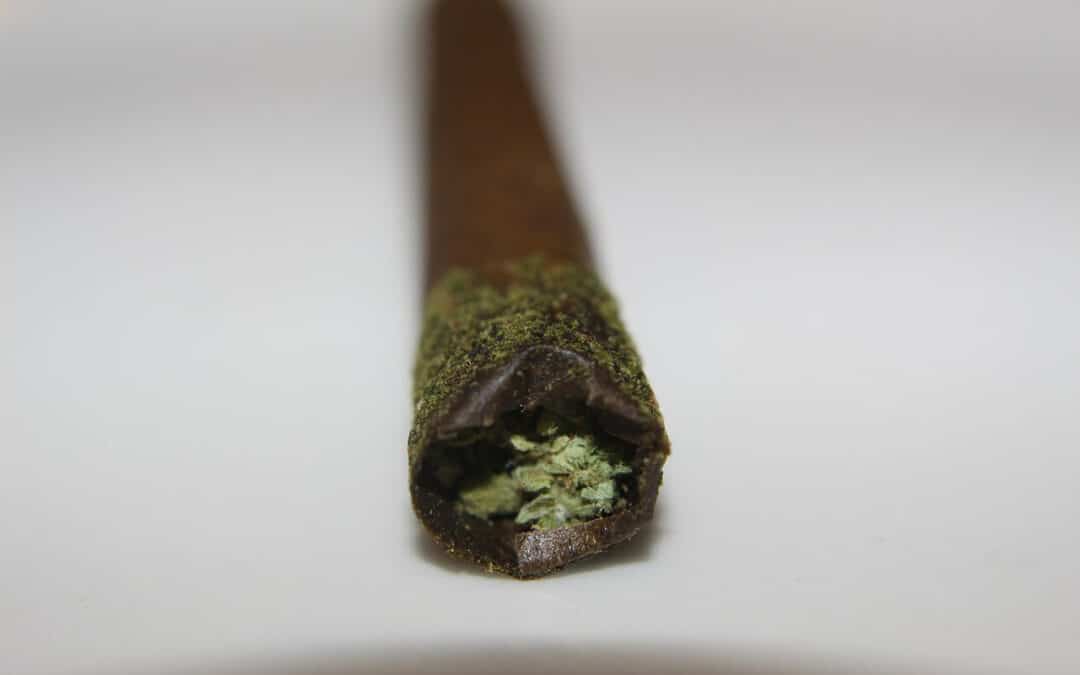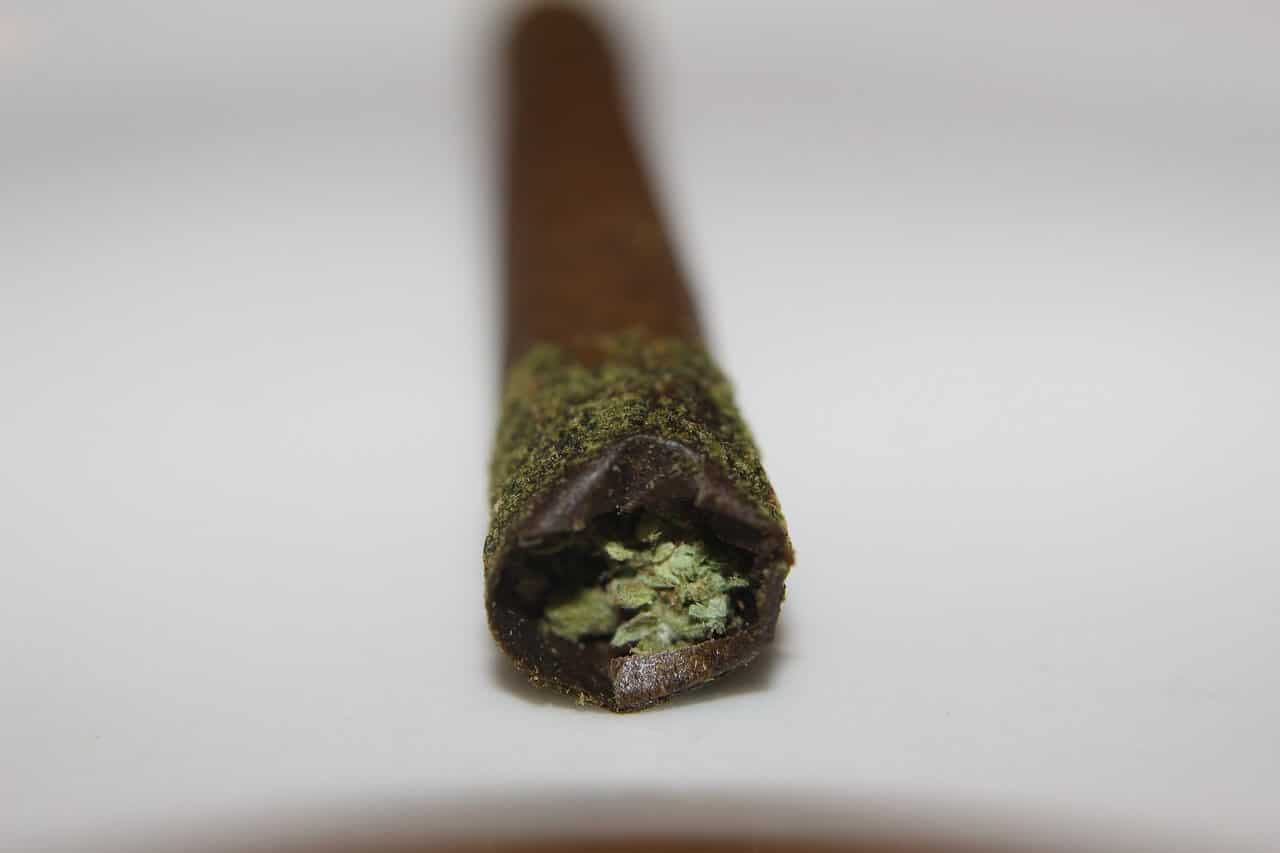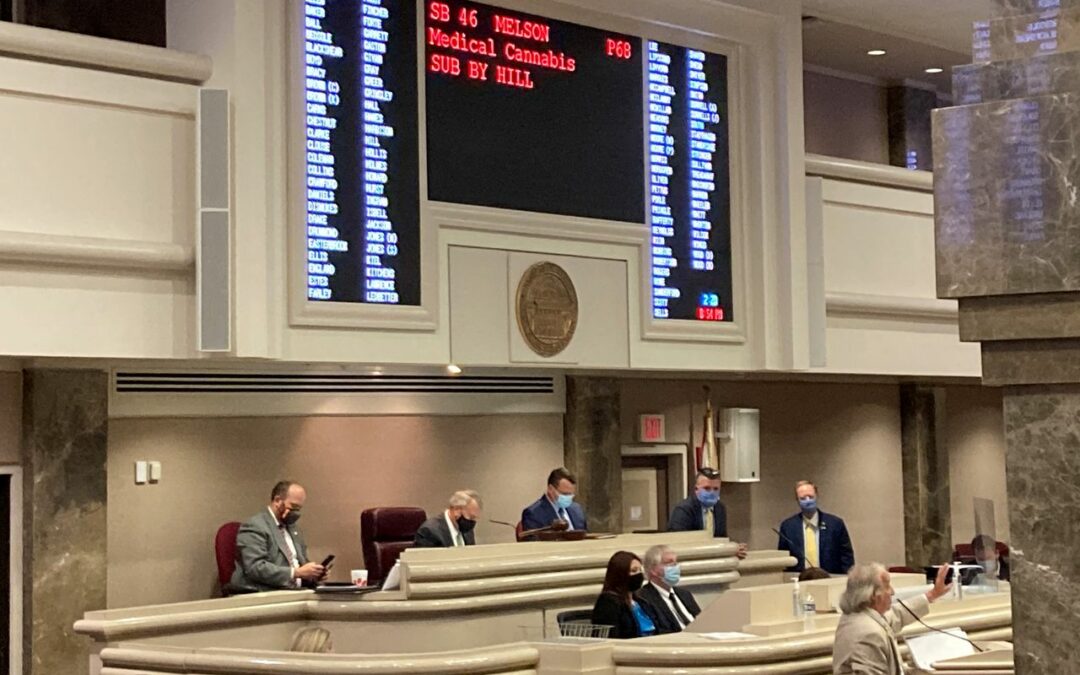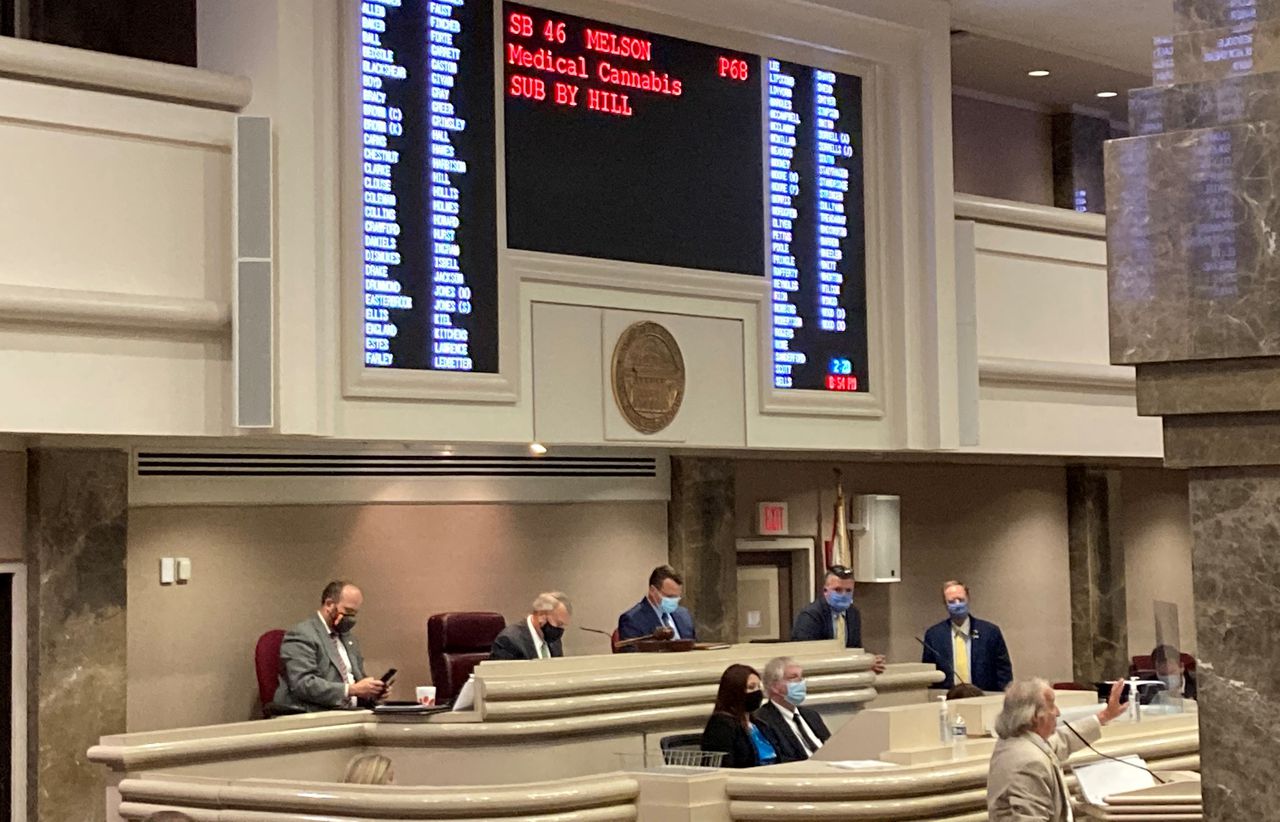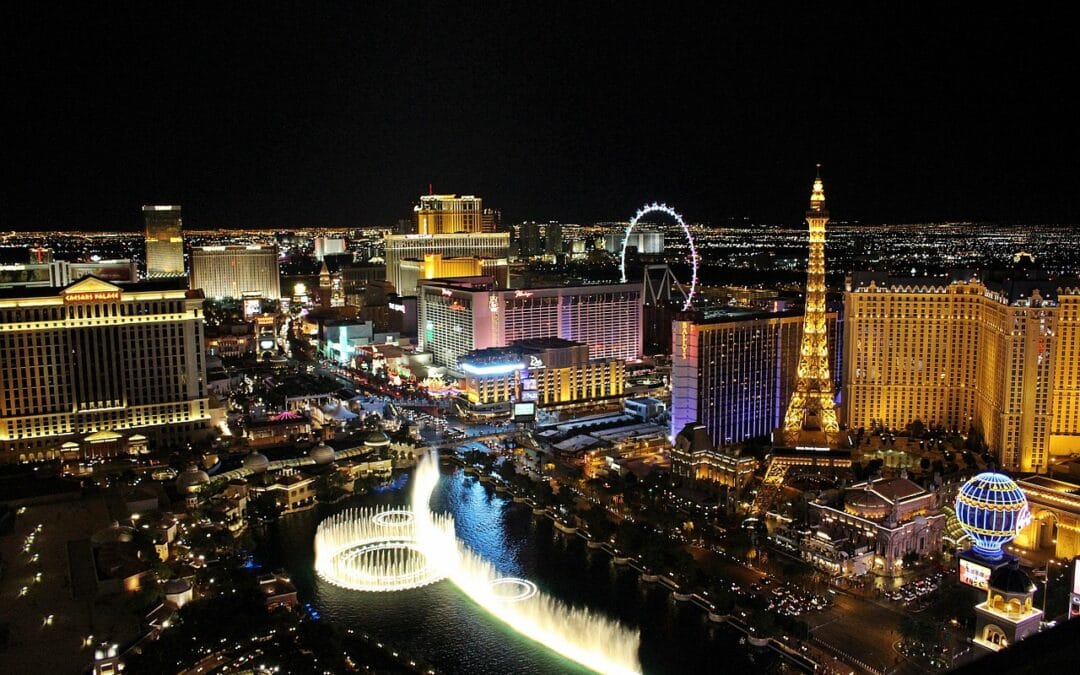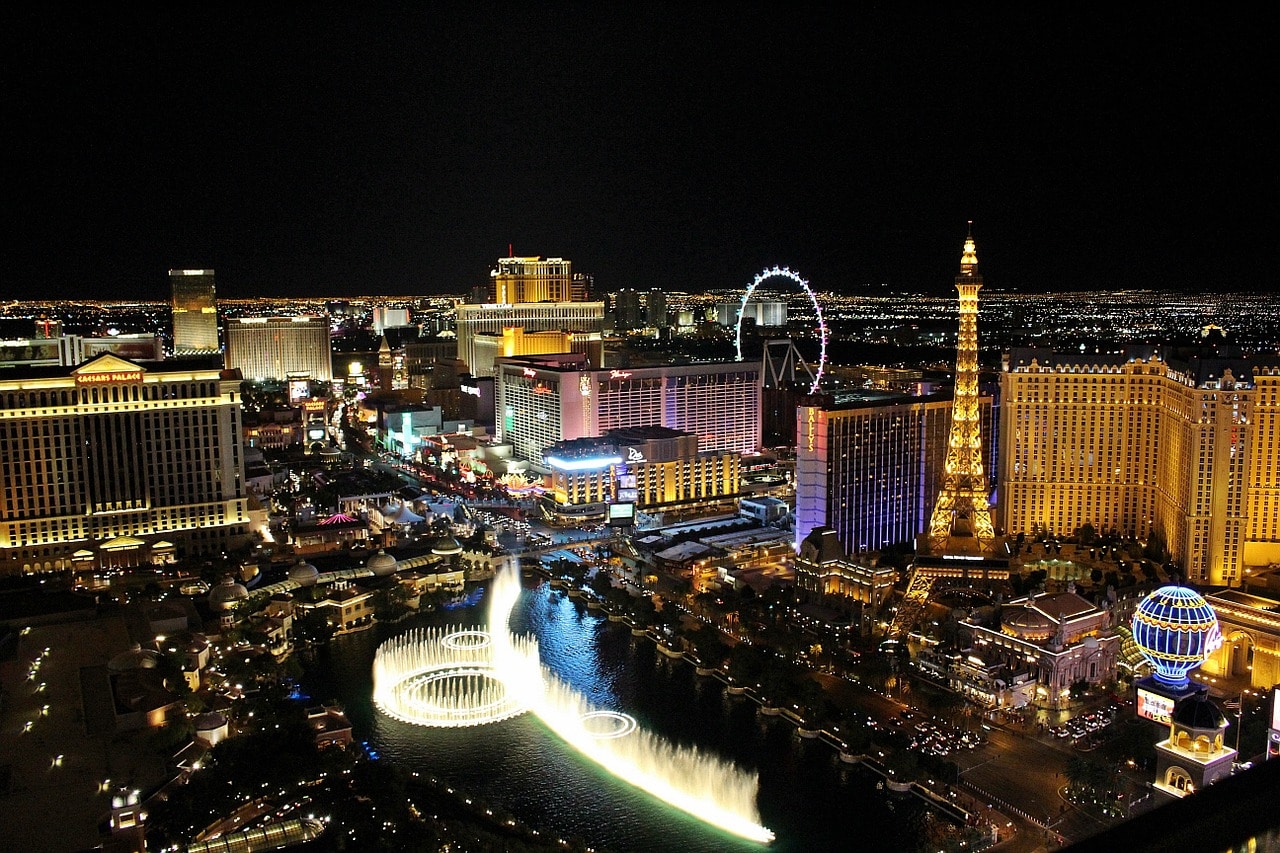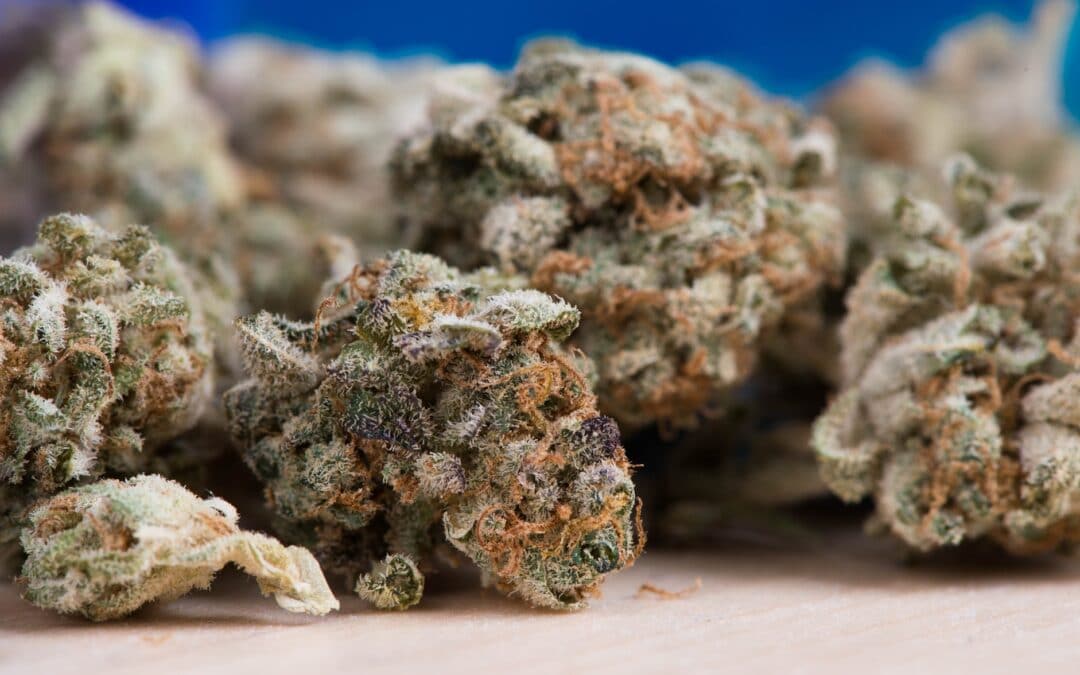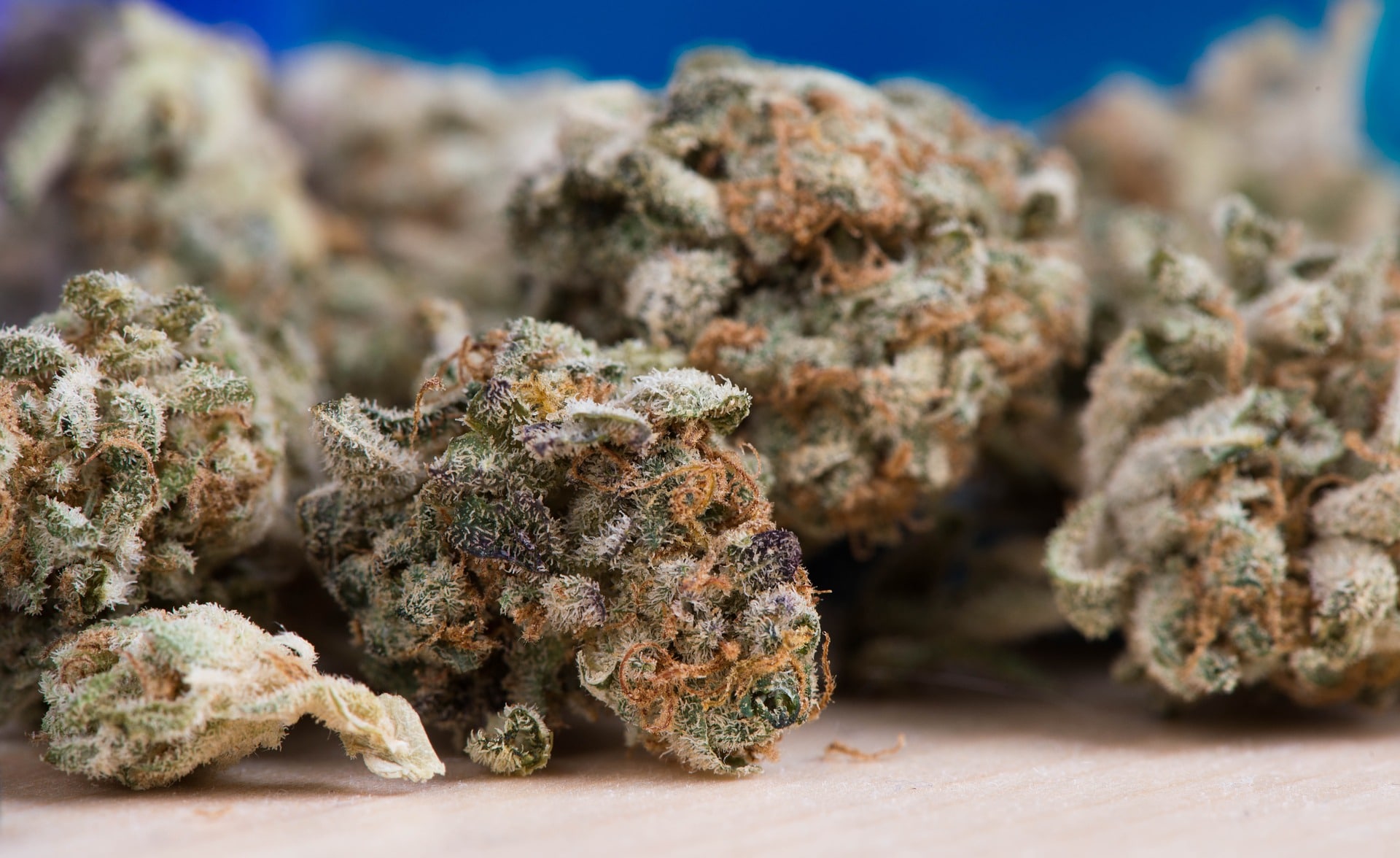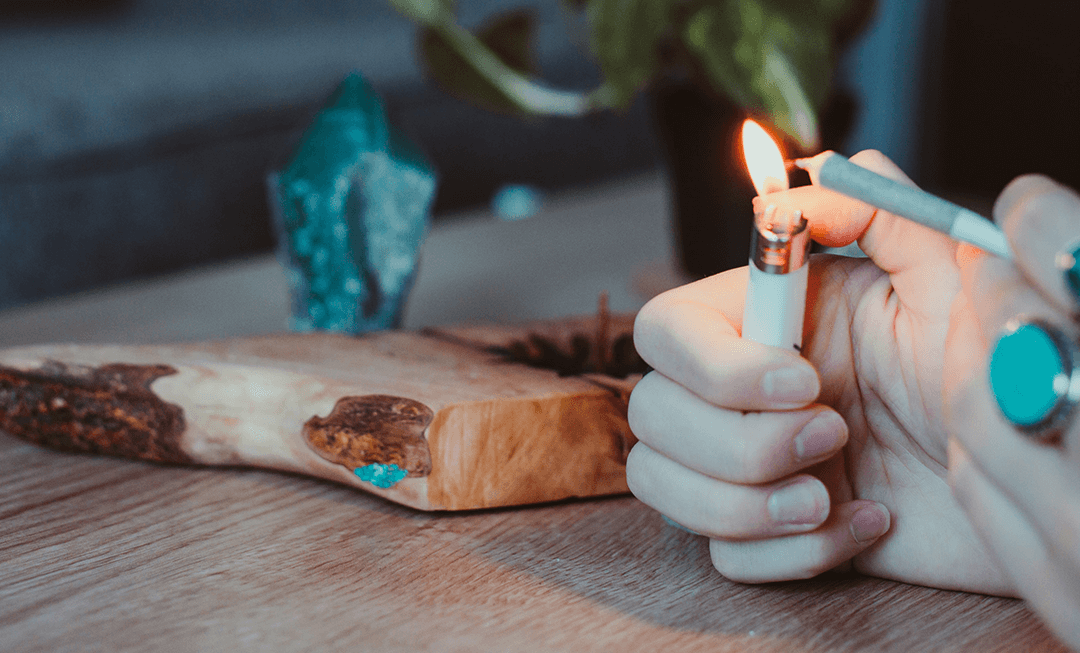
Alabama Approves Medical Cannabis Legalization
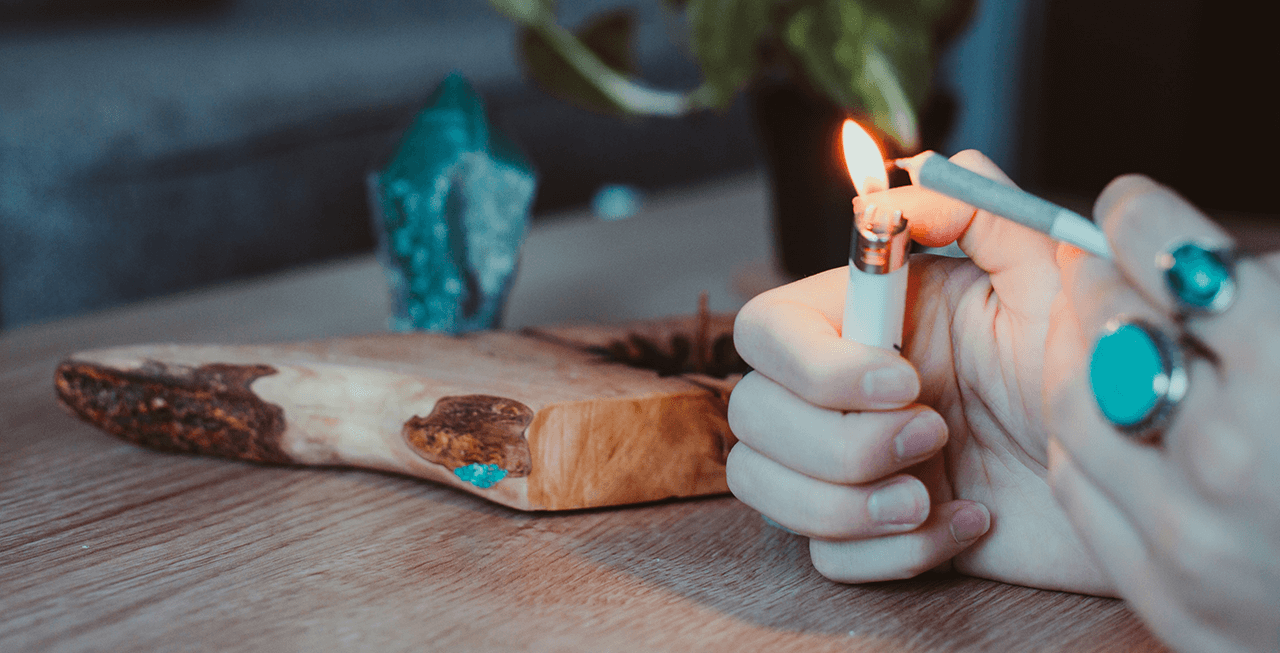
Alabama lawmakers caved their opposition yesterday and formally approved the state’s medical cannabis legalization bill.
Alabama lawmakers sent a medical cannabis legalization bill to Gov. Kay Ivy (R) on Thursday that will allow qualifying patients to purchase certain forms of cannabis after receiving a doctor’s recommendation, according to the Associated Press.
Although House lawmakers ultimately passed the bill in a 68-36 vote, it was faced by a Republican filibuster, a delay, and finally a two-hour floor debate. The bill then returned to the Senate where it was quickly passed.
Governor spokesperson Gina Maiola said, “We appreciate the debate from the Legislature on the topic. This is certainly an emotional issue. We are sensitive to that and will give it the diligence it deserves.”
Under the law, conditions including cancer, terminal illnesses, chronic pain, depression, epilepsy, and panic disorder will qualify a patient to sign up for the program. The bill will allow patients to purchase pills, skin patches, and creams, but does not allow for the smoking or vaping of medical cannabis products. The legislation was named after Darren Wesley ‘Ato’ Hall, Rep. Laura Hall’s son who died from complications from AIDS.
The bill’s primary sponsor Republican Rep. Mike Ball, who is a former state trooper and state investigator, gave emotional testimony on the House floor.
“Every year that we delay getting help to people who need it, there are more people and more people who are suffering because of it. We’ve still got another year or so before this gets set up and cranked up, but at least we have hope now.” — Rep. Mike Ball
Former state Rep. Patricia Todd — who introduced Alabama‘s first medical cannabis bill in 2013 that would later receive a Shroud Award, an award given to bills deemed the least likely to pass — said she was happy the reforms had finally passed.
“They laughed at me,” she remembered. “I’m glad to see it passed. It’s long overdue.”

